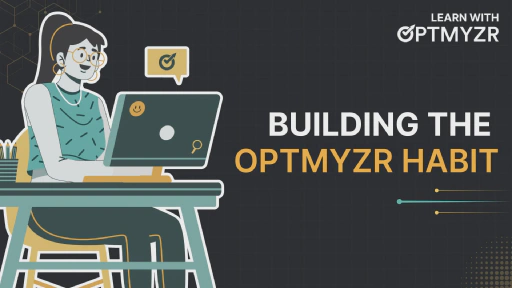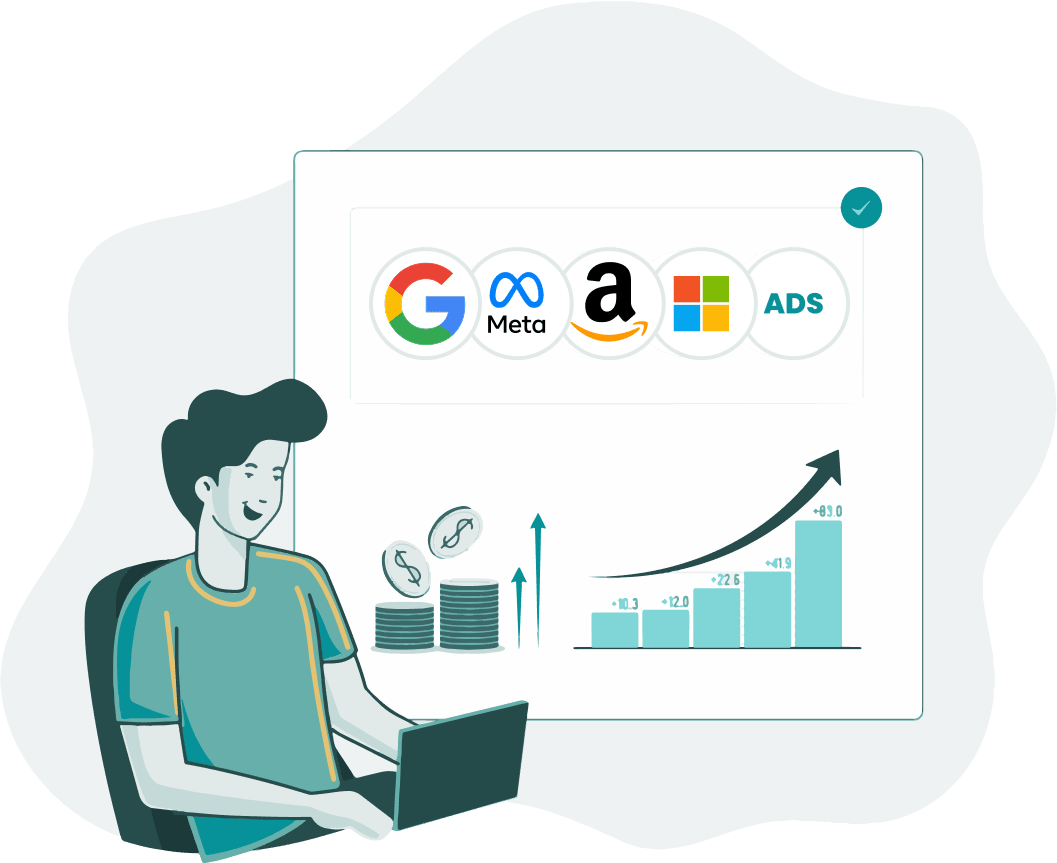Introduction
Black Friday week isn’t for the faint of heart. Budgets burn faster, CPCs surge by the hour, and even the best-planned campaigns can veer off course. The advertisers who come out on top aren’t the ones reacting — they’re anticipating, automating, and adapting in real time.
This walkthrough shows how to keep every moving part — budgets, queries, performance insights, and team coordination running smoothly during the most chaotic week of the year using Optmyzr’s tools.
What You Will Learn
1. The Black Friday challenge
- The high-stakes landscape: CPCs and conversion rates fluctuate hourly, and every delay costs revenue.
- The core mindset: Success depends on anticipation and real-time adaptability, not just prep.
- Optmyzr’s advantage: Centralized visibility with live budget reallocation, anomaly monitoring, and diagnostic tools.
2. Staying Ahead of Surprises with Custom Alerts
- Avoiding surprises: Prevent issues like budgets capping at noon, CPC spikes, or product disapprovals.
- Automated vigilance: Custom alerts track critical KPIs — overspending, conversion drops, disapprovals and deliver notifications via Slack or Teams.
- Team responsiveness: Instant alerts where teams already work reduce reaction time from hours to minutes.
3. Layered Monitoring with the Rule Engine
- Dynamic pacing checks: Midday rules detect fast-spending or lagging campaigns; evening rules catch over- or under-spending.
- Proactive adjustments: Real-time Slack or Teams alerts give you a live pulse of daily performance.
- Enhanced scripts: No-code automations can pause or re-enable campaigns based on spend thresholds, with buffer options to prevent early pauses.
- Outcome: Stay informed and responsive without manual monitoring fatigue.
4. Budget Flexibility & Smart Reallocation
- Why static budgets fail: Demand shifts quickly — one campaign soars while another drains spend unnoticed.
- Spend Projection: Compares current pacing with historic Black Friday data to predict early budget caps.
- Optimize Budgets: Reallocate spend between campaigns in a few clicks, optimizing for ROAS or conversions using ML-driven suggestions.
- Automation tips: Use Rule Engine to adjust budgets dynamically but avoid overlapping automations (choose one system for hygiene).
5. Query Defense — Protecting Spend from Low-Value Traffic
- Search surge control: Shopping and PMax campaigns attract new, sometimes wasteful queries.
- Tools for defense:
- Shopping Negatives to block non-converting search terms.
- Traffic Sculptor to direct queries to the most relevant ad groups.
- Rule Engine logic: Build adaptive rules that flag terms exceeding 1.5× or 2× cost-per-conversion averages.
- Efficiency focus: Spend stays concentrated on converting traffic when every click costs more.
6. Real-Time Diagnostics with PPC Investigator
- From symptoms to causes: Identify why performance dropped using detailed breakdowns of metrics and drivers.
- Smarter analysis:
- Start with a clear question (e.g., “Why did conversions fall?”).
- Use short, relevant date ranges (this week or yesterday).
- Deeper insights: Detect if losses are due to rank or budget; connect findings to ROAS adjustments.
- Automation & validation: Apply rule-based fixes and measure impact through Sidekick summaries or Change History overlays.
7. A Daily Workflow for Sanity and Scale
- Morning routine:
- Review Spend Projection and Optimize Budgets for pacing.
- Check query performance and all active alerts.
- End-of-day check:
- Investigate shifts with PPC Investigator.
- Review declining CTRs or anomalies in the next morning’s workflow.
- Blueprints for structure:
- Use Account Blueprints to turn this routine into an assignable checklist.
- Track progress, assign owners, and maintain consistency across teams.

